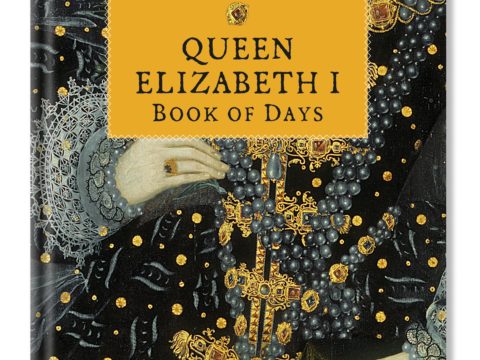Francis Walsingham: Life Story
Chapter 7 : Principal Secretary
There is no written record of Walsingham’s reactions to the Massacre, but the shock and horror it engendered made him even more determined to promote the Protestant cause and fight the tyranny of Catholicism as practised by Philip of Spain, and the Guise family. Robert Beale emphasised the necessity of Elizabeth taking a lead to defend Protestantism in his ‘Discourse after the great murder in Paris…’ and it seems safe to assume that he and Walsingham were of one mind.
Failure of England to support Protestantism would result in a marriage between Anjou and Mary, Queen of Scots, the overthrow of Elizabeth and the subjection of England and the Netherlands to Catholic masters. Beale urged the death of that ‘Jezebel’, Mary of Scotland, and warned that English Catholics would betray their country at the first opportunity.
On 1st September, Walsingham went to the court to receive Charles and Catherine’s explanation of the Massacre, to be relayed to Elizabeth. They informed him that the initial attacks had been no more than an attempt to protect Charles from a conspiracy headed by Coligny. Charles had no desire to damage his relations with Elizabeth and offered to punish the murderers of three Englishmen who had been victims of the Massacre. Walsingham could only point out that public order had broken down to such an extent that it was unlikely the offenders could be identified.
Walsingham’s friends, Burghley and Leicester, sought to comfort Walsingham in a way consistent with their beliefs – God had allowed the massacre as a ‘scourge of correction’. They must hold onto their faith, and God would eventually protect them from their enemies. Back in England, the horrors of the French massacre had strengthened the sense that England must fight for Protestantism. Public prayers were held, and the people exhorted to repent before similar divine punishment was visited on them.
Elizabeth gave permission for Walsingham to tell Charles that he was unwilling to remain at the French court. The king replied that his withdrawal would be tantamount to a breach in diplomatic relations so it was not until April of 1573 that Walsingham was able to return home – exhausted in mind and body, deep in debt and consumed with the sense that his embassy had been a failure.
Walsingham spent most of the year recovering his heath, but by the end of December, he was back in office, this time as one of the queen’s two Secretaries, taking over from Burghley, who became Lord Treasurer. As Secretary, he was to be in almost constant attendance on the queen. He also acted informally as Lord Privy Seal, when the office fell vacant. The combination of these roles gave Walsingham enormous influence, although he never attained the close personal relationship with Elizabeth that Burghley and Leicester enjoyed, even after he became Principal Secretary in 1576.
One of the aspects of working for the queen that most aggravated Walsingham was her predilection for long summer progresses, when she would travel around the southern part of her kingdom to show herself to the people, and take the pulse of the nation. Walsingham thought the progresses a waste of money, and complained that they diverted the queen from attending to business.
Over the seventeen years during which Walsingham held the office of Secretary, his conduct of it became a pattern for later secretaries to follow. Robert Beale and Nicholas Flaunt, his juniors, both wrote treatises on how a secretary should conduct himself, based on Walsingham’s example, although they both criticised him for having too many staff. Too many men led to rivalry, and prevented full confidence being reposed in anyone. We can perhaps hear in these strictures the disappointment that Walsingham had not confided exclusively in the writers of the treatises. Perhaps Walsingham followed a deliberate policy of working with lots of men, to ensure that no single one knew too much.
There was no formal division between foreign and domestic affairs, so Walsingham was involved with both, as well as the ever-difficult problem of Ireland, where the Protestantism that was now becoming embedded in England was being rejected. Although the Privy Council had authority and dealt with much of the day to day business, ultimate authority still rested with the queen, and important issues could not be concluded without her. The relentless pressure of work told on Walsingham’s health, and over the winter of 1574-5, he was obliged to stay at home to recuperate – although he continued to write the endless stream of letters the job required.
For Walsingham, however, the main stress of the job was Elizabeth’s attitude towards war. No matter how much he tried to persuade her that a pre-emptive strike on Spain through the Netherlands was necessary to protect both England and Protestantism, she continued to resist.



